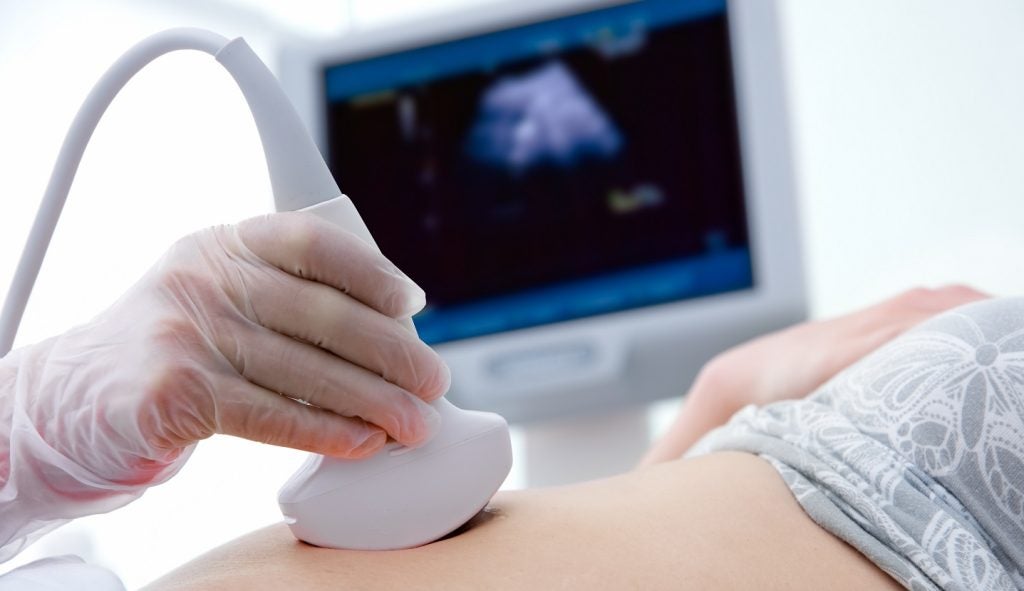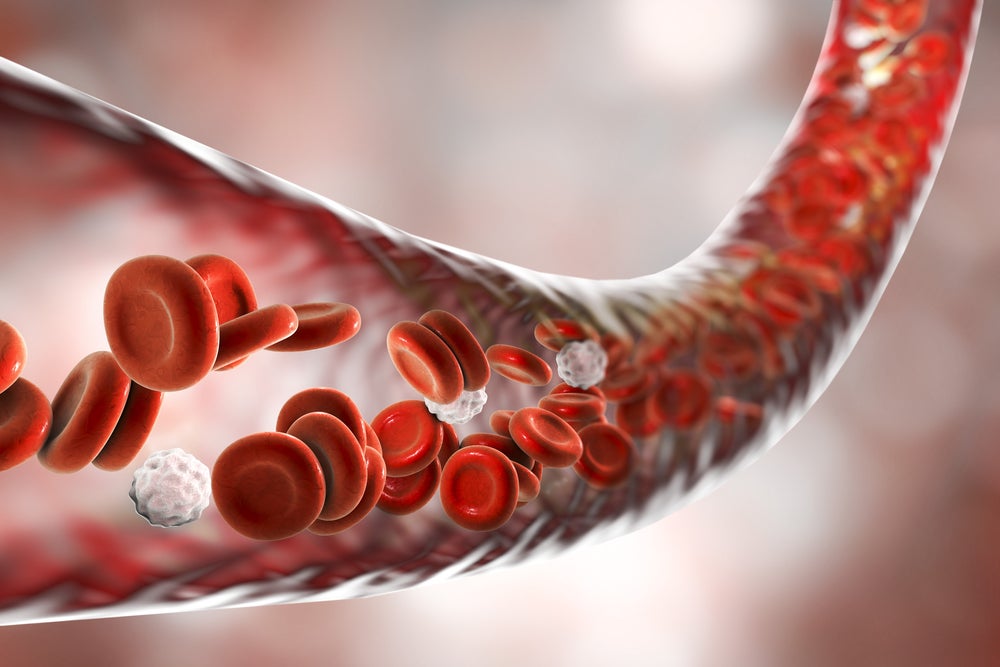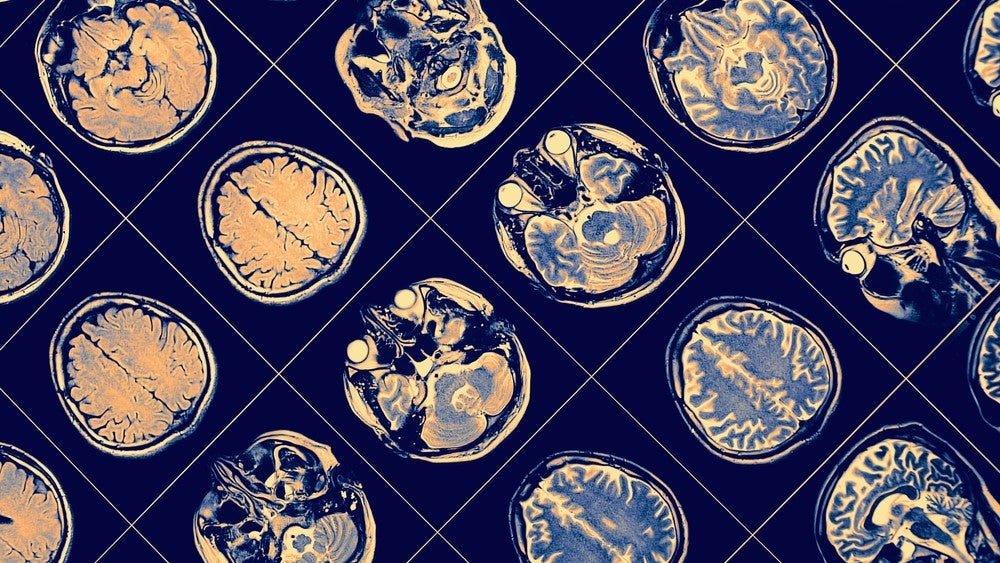
A new study by a New York University (NYU) School of Medicine research team has found that a type of artificial intelligence (AI) tool called Inception v3 from Google can determine lung cancer types by analysing images of tumours.
The machine learning programme demonstrated 97% accuracy in differentiating adenocarcinoma from squamous cell carcinoma. These two types of lung cancer are considered difficult to distinguish without confirmatory tests.
In addition, the AI tool was able to identify genetic changes related to abnormal cell growth of tumours.
It determined the presence of abnormal versions of six genes related to the cancer, with an accuracy ranging between 73% and 86%, based on the gene.
The identification of altered genes is considered important for the use of targeted treatments that only act against cancer cells with specific mutations.
Existing tests for the detection of such mutations require weeks to deliver results, while the new AI tool is said to provide the results instantly.
How well do you really know your competitors?
Access the most comprehensive Company Profiles on the market, powered by GlobalData. Save hours of research. Gain competitive edge.

Thank you!
Your download email will arrive shortly
Not ready to buy yet? Download a free sample
We are confident about the unique quality of our Company Profiles. However, we want you to make the most beneficial decision for your business, so we offer a free sample that you can download by submitting the below form
By GlobalDataNYU Langone Perlmutter Cancer Center Pathology department associate professor Aristotelis Tsirigos said: “Our study provides strong evidence that an AI approach will be able to instantly determine cancer subtype and mutational profile to get patients started on targeted therapies sooner.”
For the study, the researchers trained Google’s deep convolutional neural network Inception v3 to analyse tumour images from The Cancer Genome Atlas database. Later, they investigated the computer programme’s ability to automatically and accurately classify normal and diseased tissue.
It was observed that the images misclassified by the AI tool were also misclassified by the pathologists.
However, the programme was able to correctly assign cancer type to 45 of 54 images that were misclassified by at least one of the pathologist.
Before applying for government approval, the researchers intend to further train the machine learning programme in order to achieve more than 90% accuracy.






